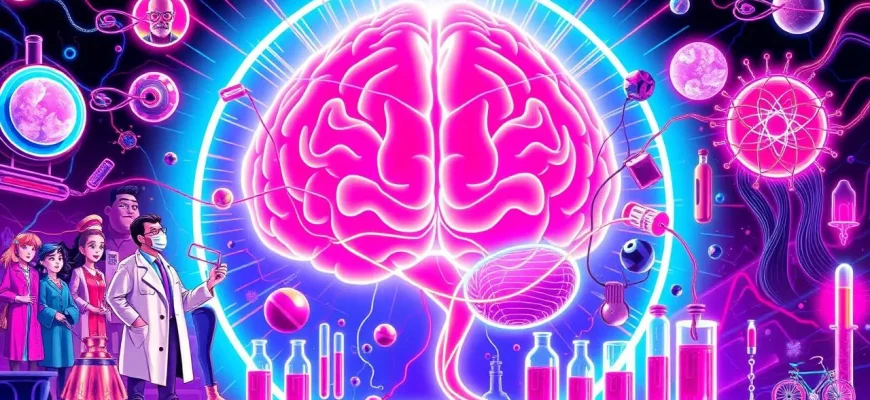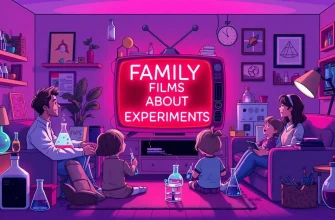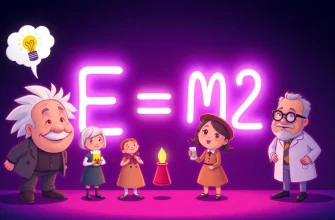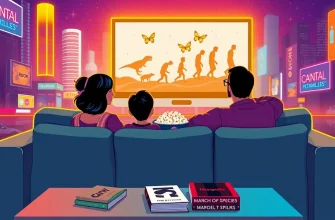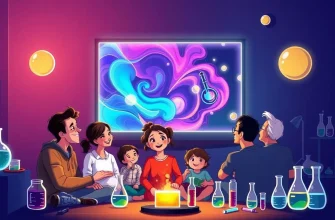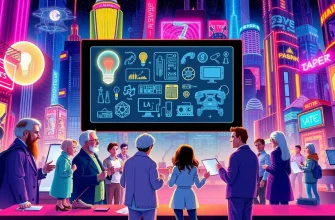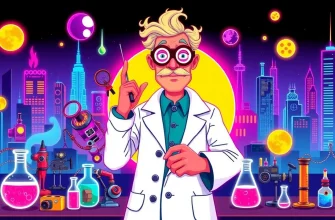The human brain is a fascinating and complex organ, and cinema has often explored its mysteries, capabilities, and the ethical dilemmas surrounding its manipulation. This curated list of ten films delves into various aspects of brain science, from psychological thrillers to sci-fi adventures, offering viewers a chance to ponder the power and fragility of the mind. Each film provides a unique perspective on what it means to be conscious, intelligent, and human, making this collection not only entertaining but also intellectually stimulating.
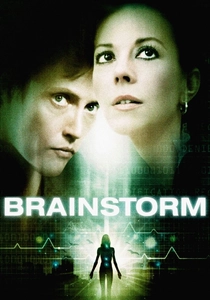
Brainstorm (1983)
Description: Scientists invent a machine that records and plays back human experiences, leading to ethical dilemmas about the use of such technology.
Fact: The film was one of the first to use virtual reality as a plot device, predating the widespread use of VR technology.
 Watch Now
Watch Now
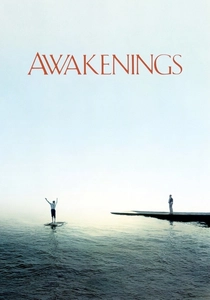
Awakenings (1990)
Description: Based on a true story, this film looks at the use of L-DOPA to awaken catatonic patients, exploring themes of consciousness and the human spirit.
Fact: The film is based on Oliver Sacks' memoir of the same name.
 Watch Now
Watch Now

The Matrix (1999)
Description: While not exclusively about the brain, it deals with the concept of reality being a simulation controlled by machines, challenging perceptions of consciousness.
Fact: The Wachowskis developed the concept for "The Matrix" over several years, drawing from various philosophical and religious sources.
 Watch Now
Watch Now
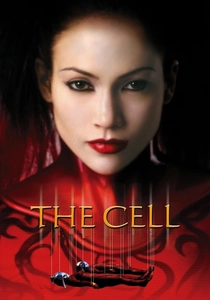
The Cell (2000)
Description: A psychologist enters the mind of a comatose serial killer to find his latest victim, exploring the dark recesses of the human psyche.
Fact: The film's visual style was heavily influenced by surrealist art, particularly the works of Salvador Dalí.
 Watch Now
Watch Now
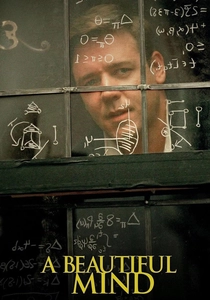
A Beautiful Mind (2001)
Description: Based on the life of John Nash, this film examines schizophrenia and the genius mind, offering a poignant look at mental illness.
Fact: The film won four Academy Awards, including Best Picture and Best Director for Ron Howard.
 Watch Now
Watch Now
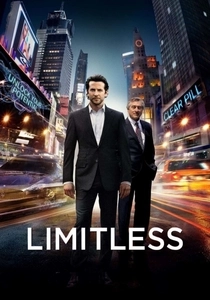
Limitless (2011)
Description: A pill that unlocks the full potential of the brain leads to success but also to dangerous consequences, questioning the ethics of cognitive enhancement.
Fact: The film's premise is loosely based on the novel "The Dark Fields" by Alan Glynn.
 Watch Now
Watch Now

Inception (2010)
Description: A mind-bending journey into the subconscious, where dreams within dreams are used to plant an idea in someone's mind, exploring themes of memory, identity, and reality.
Fact: Christopher Nolan wrote the script over a decade, inspired by his own dreams and the concept of lucid dreaming.
 Watch Now
Watch Now
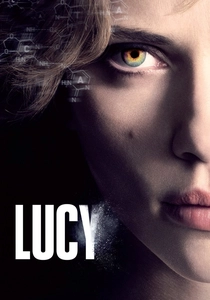
Lucy (2014)
Description: This film explores the myth of humans using only 10% of their brain, as Scarlett Johansson's character gains access to the full potential of her mind, leading to extraordinary abilities.
Fact: The film was inspired by the idea that humans use only a small percentage of their brain, a popular myth that has been debunked by neuroscientists.
 Watch Now
Watch Now
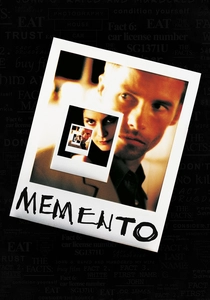
Memento (2000)
Description: A unique narrative structure that mirrors the protagonist's memory loss, showing events in reverse chronological order, highlighting the brain's struggle with memory.
Fact: The film was shot in two different styles: black and white for the scenes in chronological order, and color for the scenes in reverse.
 30 Days Free
30 Days Free
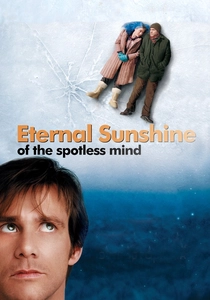
Eternal Sunshine of the Spotless Mind (2004)
Description: This film delves into the concept of memory erasure, exploring the emotional and ethical implications of erasing painful memories.
Fact: The title is derived from a line in Alexander Pope's poem "Eloisa to Abelard."
 30 Days Free
30 Days Free

